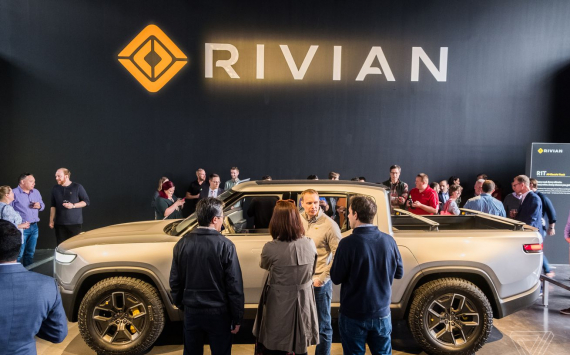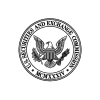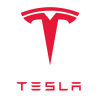
Going public on the Nasdaq
Electric pick-up and SUV maker Rivian reported its finances to the SEC on Friday, as the company plans to sell its shares on the Nasdaq exchange. Amazon and Ford are the biggest investors in the startup, which is seeking an $80bn market valuation.
On Friday, electric car startup Rivian disclosed its financials in an S-1 filing with the Securities and Exchange Commission (SEC).
The company began shipping its R1T pickup in September and plans to launch its first R1S SUV in December. Rivian "does not generate significant revenue" today, with its only revenue being prepayments of $1,000 from customers on pre-ordered vehicles (these prepayments are fully refundable and do not guarantee a purchase).
Rivian says it has pre-orders for just over 48,000 R1Ts and R1Ss in the US and Canada. Meanwhile, according to the filing, Rivian incurred a loss of $994 million in the first six months of 2021. The startup's net loss for the full year 2020 was $1.02 billion, the filing says.
Rivian filed for an IPO in August and the company's shares will trade under the ticker 'RIVN'. An exact listing date has not yet been given, with Rivian's IPO expected to take place in October-November 2021.
Amazon invested $440 million in the startup in September 2019 and ordered 100,000 Rivian electric delivery vans specifically designed for Amazon's delivery service. The internet sales giant had planned to have its first electric vans in 2021, with the number rising to 10,000 worldwide in 2022. However, Rivian said the first deliveries of these electric vans will not start until December this year.
The media previously wrote that Rivian expects a valuation of $70 billion to $80 billion in its IPO, wanting to attract around $8 billion in investment. If the goal is achieved, Rivian's listing would be the fourth-largest in the last decade in the United States.
Rivian is counted among a number of start-ups that could benefit from the growing electric car market and compete with Tesla (TSLA) and other major players. However, it will take more than a year for the company to prove to investors that it is competitive and can grow into a major manufacturer capable of scaling up and conquering international markets.







